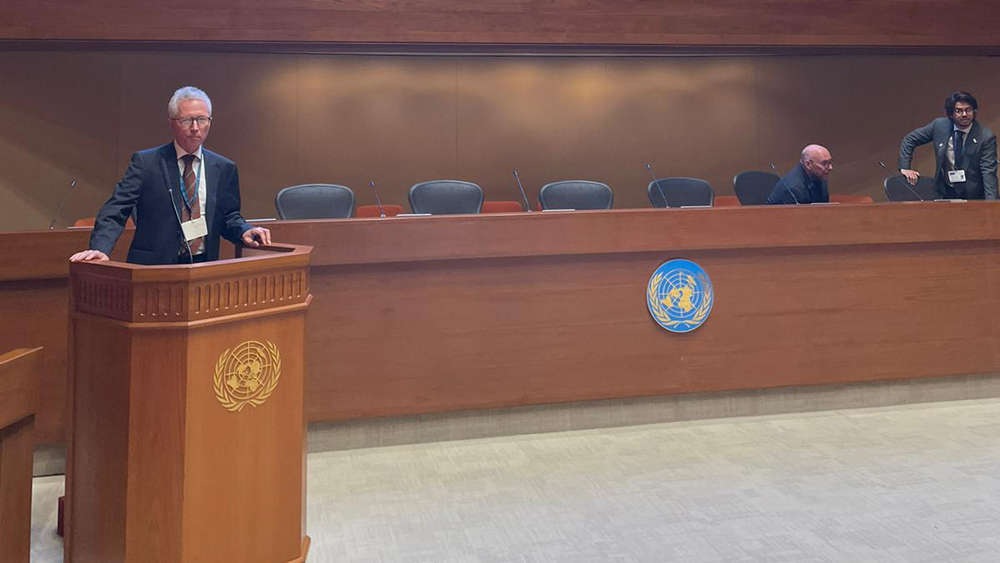KTH helps maintain Montreal Protocol

Björn Palm, Professor at KTH and pioneer in refrigerants, you presented at COP13/MOP36 a few days ago. What did you say?
“I gave a speech on the introduction of hydrocarbons as refrigerants in Europe. KTH's Department of Applied Thermodynamics and Refrigeration is a pioneer in refrigeration technology and has a good international reputation. Using hydrocarbons, such as propane, for refrigeration in developing countries could significantly reduce their emissions of ozone-depleting and high global warming gases.”
What kind of meeting was it?
“The Montreal Protocol is an international agreement to regulate emissions of ozone-depleting gases. Since about 8 years, it is also regulating the market of other high global warming refrigerants even if they are not harmful to the ozone layer. Although it has been a long time since the first meeting, follow-up meetings have been held annually to monitor compliance. The meetings are organised by the UNEP Ozone Secretariat.
At this year's meeting (called COP13/MOP36), I participated as one of the representatives of the International Institute of Refrigeration, IIR . IIR organised an open seminar, a so-called side event, where we discussed the opportunities for developing countries to take up the new technology of using natural refrigerants, such as hydrocarbons.”
Why are hydrocarbons suitable for this?
“Hydrocarbons were already used as refrigerants a century ago, but were abandoned when synthetic, less flammable alternatives such as Freon entered the market. What was not realised until fifty years later was that these ‘safe’ compounds were destroying the ozone layer in the stratosphere. To avoid new surprises, we and many others believe that it is safest for the environment to use only compounds that are already in our natural environment as refrigerants.
Our research shows that hydrocarbons can be used as refrigerants in many applications. To make the systems safe, it is important that the amount of refrigerant in the systems is low. This has been the focus of several projects at the department at KTH. We have shown several solutions to how the amount of refrigerant can be reduced without compromising efficiency.”
Do you bring anything special back to Sweden and KTH?
“For me, it was very educational to see how the UNEP Ozone Secretariat works and also to hear the latest scientific news about emission levels of different ozone-depleting substances.”
